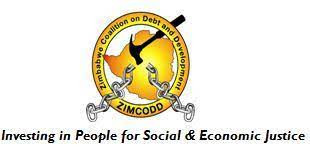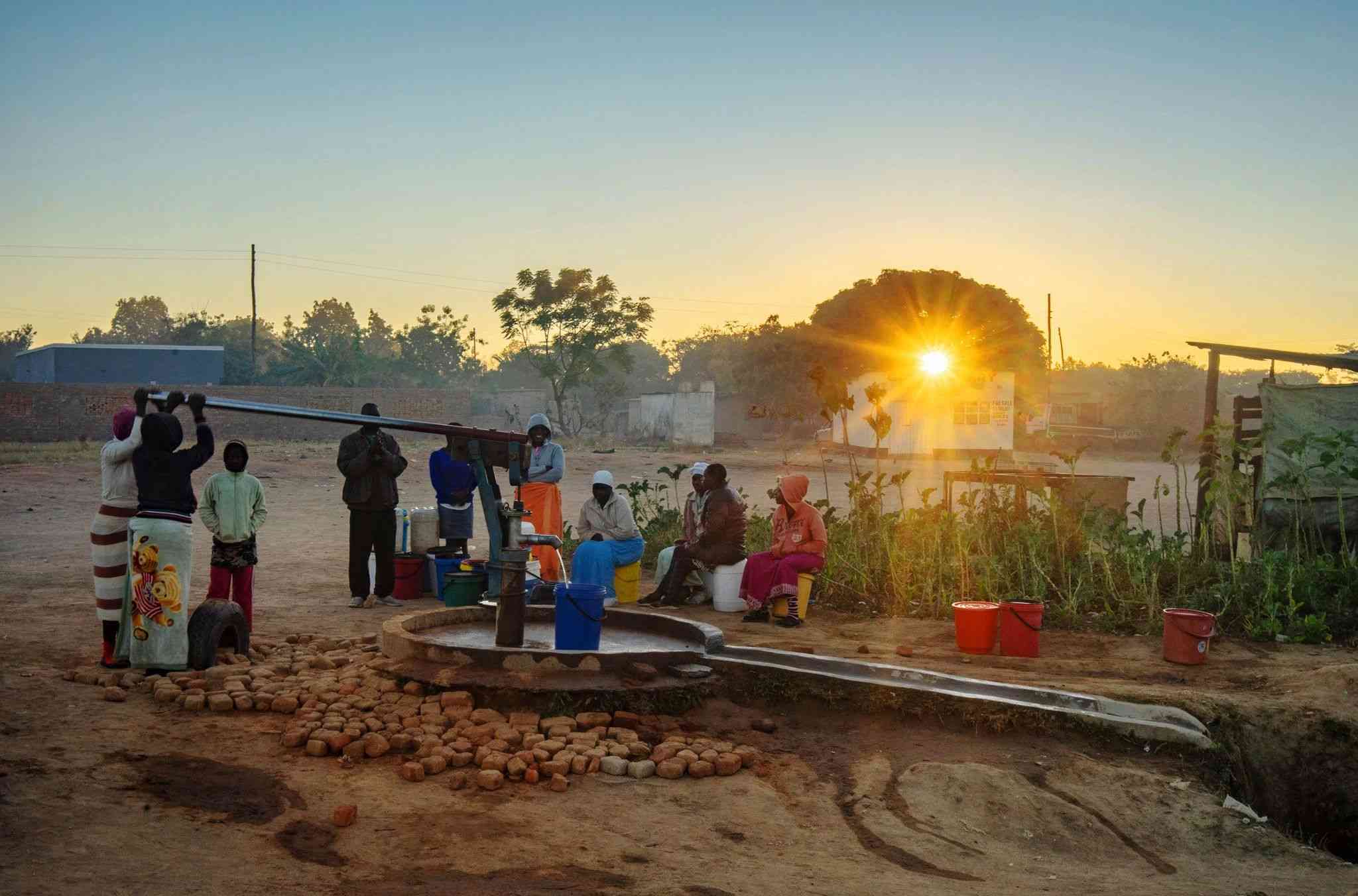
THE Zimbabwe Anti-Corruption Commission and Parliament should investigate and redress issues of maladministration and misuse of funds meant for the Basic Education Assistance Module (Beam), a social justice group has said.
Beam is a government programme introduced in 2001 to pay tuition and examination fees and levies for underprivileged learners.
Some schools have, however, gone for years without receiving Beam payments according to the National Association of Secondary Heads and the National Association of Primary Heads.
Government pays school fees for at least 1,8 million learners out of an estimated six million learners.
Beam has over the years been seriously affected by underfunding.
The programme has also been experiencing challenges as several children under its sponsorship failed to access basic education because their school fees had not been paid.
Government has since admitted that there is the widespread abuse of Beam funds and late disbursement, acknowledging the mismanagement that has plagued the programme.
However, in statement, the Zimbabwe Coalition on Debt and Development (Zimcodd) has said the management of public funds allocated to education programmes such as Beam left a lot to be desired.
- News in depth: Zimbabweans choke under weight of worsening service delivery failures
- Former MDC MP in trouble for insulting police
- News in depth: Zimbabweans choke under weight of worsening service delivery failures
- Zimsec reopens 2021 exams registration
Keep Reading
“First and foremost, the fund is inadequate to support all the vulnerable children across the country. Most discouraging of all, the little availed is devalued by corruption,” Zimcodd said in its latest report.
“The NewsDay of May 2, 2023 flighted a headline stating, ‘BEAM a breeding ground for corruption’. This is after calls from teachers unions to audit the fund, which they claim is not reaching intended targets.
“Zimcodd also encountered irregularities in Beam funds use in Gokwe, which we have forwarded to the Ministry of (Primary and Secondary) Education and Parliamentary Portfolio (Committee) on Education for investigation.”
The organisation implored the government to recognise the 20% Abuja Declaration on education financing, which the country is a signatory to.
“The Dakar Declaration on Education commits African governments to allocate at least 9% of their GDP [gross domestic product] to education and at least 20% from the national budget. Across the continent, many fall short of meeting this provision.
“The 2024 Zimbabwe budget allocated 17,7%, thereby falling short. While this is a significant step, it should be evaluated against the allocation of these funds in the local currency which is subject to inflationary changes,” Zimcodd said.
“To note, the issue is not allocation in local currency, but the status of the currency due to loss of value. As a result, a few months into this allocation, the declared funds had already lost the anticipated value.
“Furthermore, allocation and disbursement variances present a challenge for implementation of robust education reforms and developments.”
Zimcodd said domestic resource mobilisation should be prioritised to ensure the funding base for education and other social services is strong.







